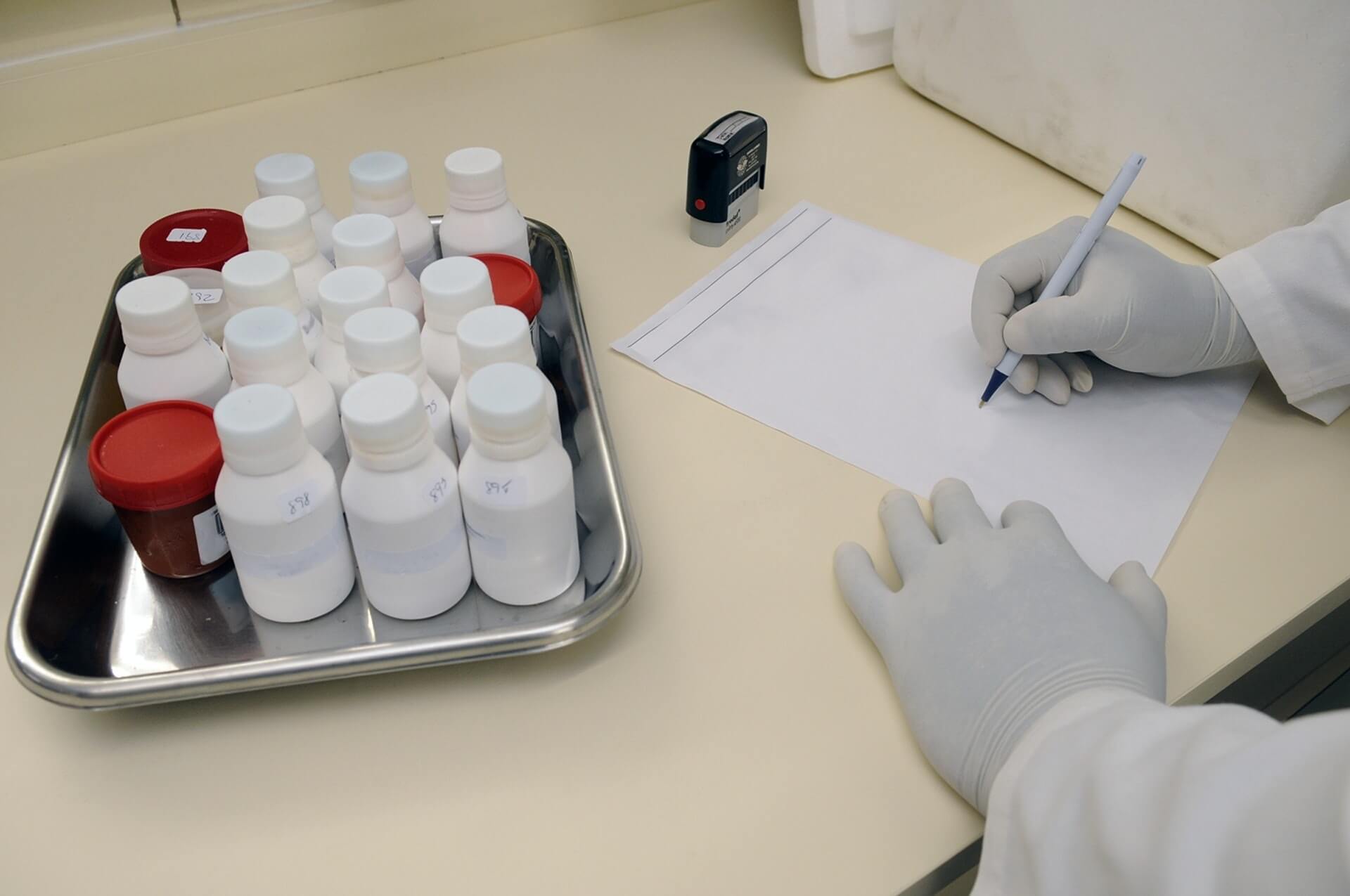Who We Are
-
About Us
-
Our Services
-
Early Stage Consultancy Services
-
Clinical Trial Management Services
-
Central Laboratory Services
-
Clinical Pharmacology
-
Scintigraphy
-
Pharmacovigilance
-
Regulatory Affairs
-
Clinical & Medical Writing
-
Data Quality, Security & Compliance
-
SMO Services
-
Phase I
-
Phase II
-
Phase III
-
Site Management & Monitoring
-
IMP Management
-
Biometric Services
Our Services
Clinical Trial Management Services
-
-
Our Expertise
-
Resources
- Latest News
- Join Our Team
- Contact














